The Department of Medicine and WashU Medicine strive to create a welcoming environment for all people. While there is work to be done, groundwork has been laid to advance patients, trainees, and employees from all backgrounds.
OUTmed’s goal is to be present in the St Louis community so we can develop connections for future programming and collaboration.
Are you considering WashU Medicine for residency, fellowship, or employment and interested in finding out more about us? Contact Jennifer Mosher at mosherj@wustl.edu.
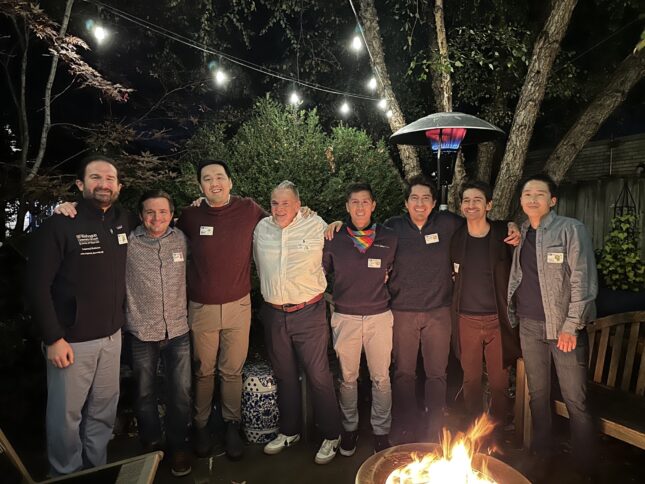

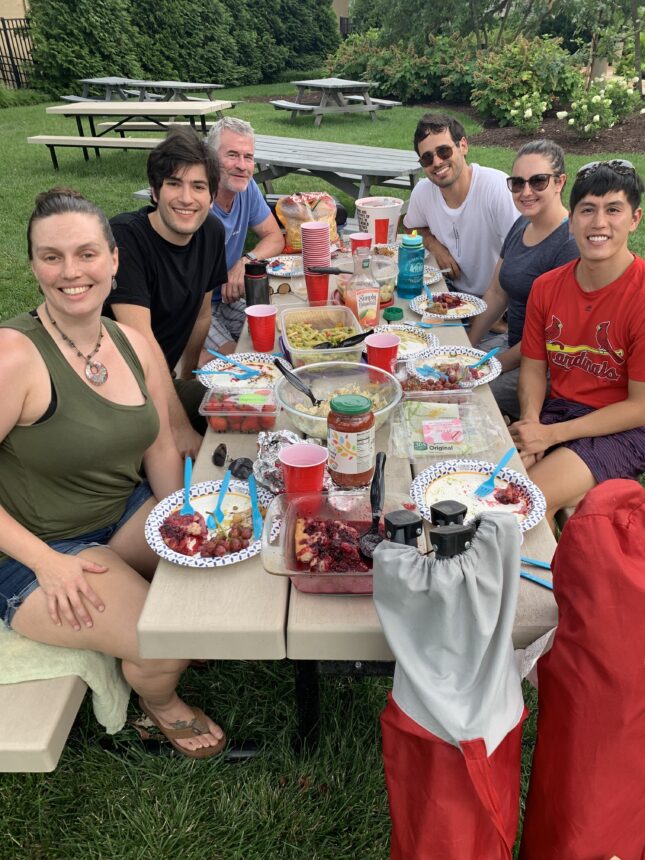
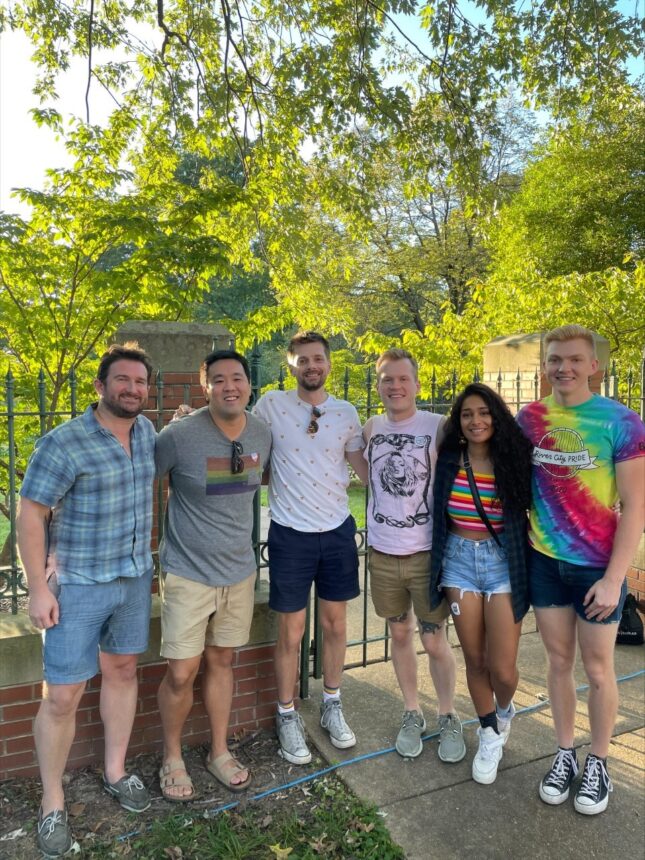
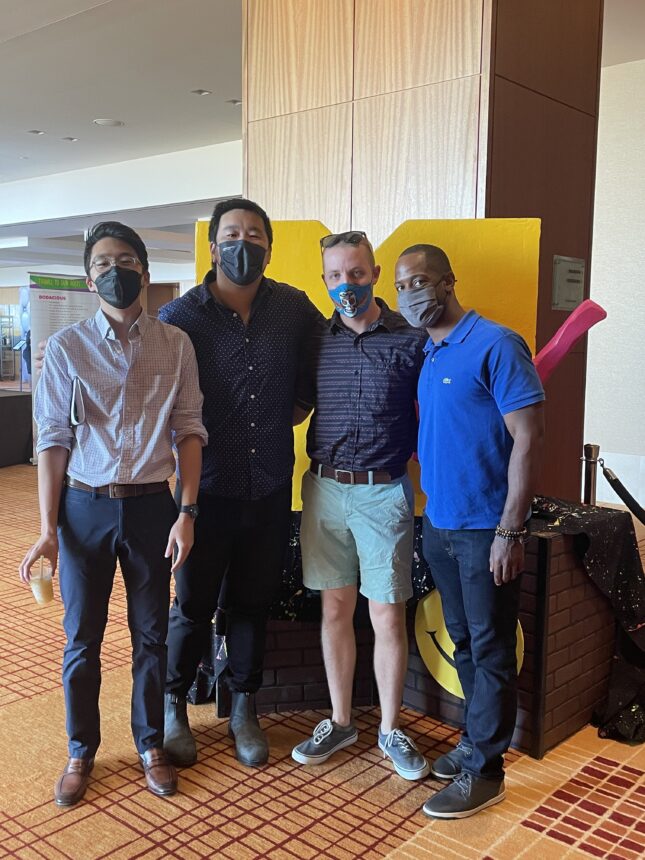
When moving to St Louis, MO, many people wonder if the city itself will be welcoming to individuals of all identities. St. Louis certainly is not like the coastal cities of Seattle, San Francisco, or New York City, but it boasts a Midwest charm that has many iconic scenes, varied populations to find your own niche, and a little bit of everything for everyone. Here are some links about St Louis and the vast array of communities within our city.
Faculty
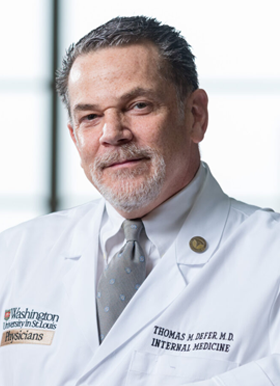
Thomas De Fer, MD (he/him)
Professor of Medicine
Associate Dean of Medical Student Education
General Medicine Division Chief
Office of Education | Department of Medicine
As a St. Louis native and a member of the Washington University School of Medicine family for over 30 years, I think it’s pretty obvious I like it here. A lot. St. Louis may not be the most overtly progressive place in America, but I’ve never found that to be detrimental at all. Midwestern niceness is, in very large measure, quite genuine. After “escaping” all the way to Columbia, Missouri for college and medical school, I returned to St. Louis to do residency here at BJH and WUSM. I was incredibly happy (and frankly relieved) to find that our residency program was extremely welcoming and that I clearly wasn’t the only one. I have never once felt singled out, held back, not included, silenced, discriminated against, or merely tolerated as a gay man by anyone here. What has always seemed to matter the most is the quality of your character and your ability to be a good doctor. That just feels right to me. Many of my colleagues have known my husband almost as long as they have known me. Some may even like him better than me. That alone says a lot.
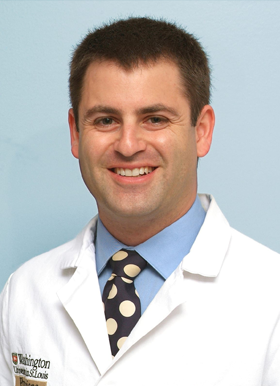
Mark Levine, MD, FACEP (he/him)
Professor of Emergency Medicine
MS3 and MS4 Emergency Medicine Clerkship Director
Department of Emergency Medicine
Being out at WashU has never been a big deal or issue. In fact, I received more attention when I adopted a new dog. The focus has always been on being a good clinician and educator. As an educator, I enjoy the opportunity to mentor students, residents, and faculty in their personal and professional development.